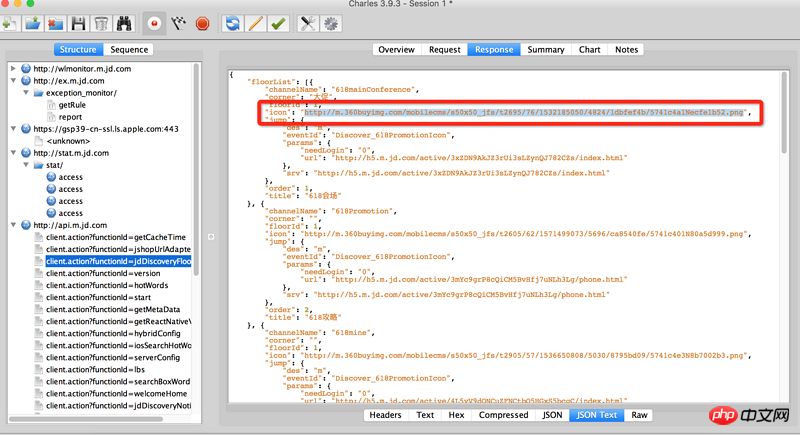All pictures are obtained online and offline locally. If the server is changed, they will be updated naturally. Hot updates are definitely available online for pictures.
The packet capture upstairs is already very obvious These pictures of jd can be obtained every time No logic is involved anyway If logic is involved, you can use JSPatch these things
The server has a version number + file list, my name is m.manifest When a new visit comes, compare the local and server m.manifest files and find that different version numbers are found, then reload the file according to the file list < Just add manifest to ;html> tag
<html manifest="m.manifest">
Of course you need to add some access permissions and update logic, you can check the manifest
All pictures are obtained online and offline locally. If the server is changed, they will be updated naturally. Hot updates are definitely available online for pictures.

The packet capture upstairs is already very obvious
These pictures of jd can be obtained every time
No logic is involved anyway
If logic is involved, you can use JSPatch these things
It is related to JSPatch, you can check the related documents
In addition to the method mentioned above: JD.com’s app does not seem to be purely native. Both ionic and react native can achieve hot updates.
The server has a
version number + file list, my name is m.manifest
When a new visit comes, compare the local and server m.manifest files and find that different version numbers are found, then reload the file according to the file list
< Just add manifest to ;html> tag
Of course you need to add some access permissions and update logic, you can check the manifest